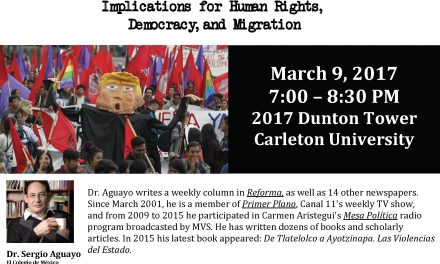Bolivia’s first Indigenous president, Evo Morales, was forced to resign and seek asylum in Mexico this week following what he described as a military coup. This came after weeks of anti and pro government protests in the streets after disputed presidential elections results were announced by the Supreme Electoral Tribunal of Bolivia.
The Organization of American States (OAS) was criticized for issuing statements that undermined the Bolivian electoral result. Mark Weisbrot, Co-Director of CEPR (Center for Economic and Policy Research) stated “it was very unusual, and highly questionable, for the OAS to issue a press statement questioning election results without providing any evidence for doing so”. He noted that the “OAS preliminary report on the election also provided no evidence that anything was wrong with the vote count”.
Mr. Morales announced his resignation in a televised address, shortly after the Bolivian military took to the airwaves to “suggest” he resign. His resignation was an appeal to calm and to avoid further violence in the country. Before and especially since the resignation, opposition supporters have engaged in violent protests, attacking government supporters, ransacking and burning the home of former president Morales’ while burning down the houses of several other top officials. The family members of some politicians were kidnapped and held hostage until they resigned.
Meanwhile, anti-Indigenous sentiment is growing in Bolivia. Groups with far-right ties are exploiting the power vacuum to target and attack Indigenous people leading to serious human rights violations.
Mr Morales, a former coca farmer, was first elected in 2006. He has won praise for major poverty reduction initiatives that saw overall poverty going from 59.9% to 34.6% in 2017 and extreme poverty more than halving in the same period. His inclusive policies saw huge budgets be dedicated to health, education and electrification, which notably resulted in illiteracy rates dropping from 13.28% in 2001 to 3.8% in 2014.
Common Frontiers expresses its deep concern with the rupture of democratic order and condemns the coup d’état in Bolivia. We condemn the violence and threats against Mr. Morales, government officials and their families.
There are important debates in Bolivia about democracy and participation, sustainable development, how to better protect the environment and to shift to less dependence on resource extraction. With this coup, space for such debate is curtailed.



